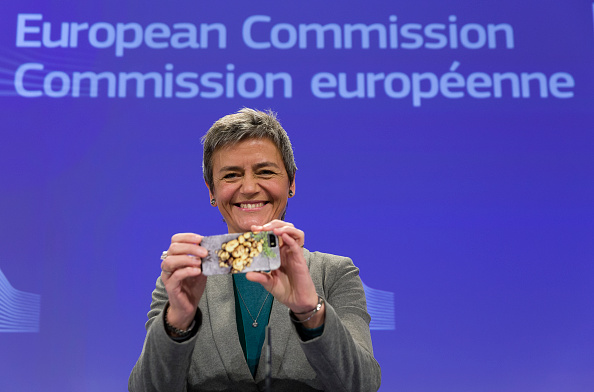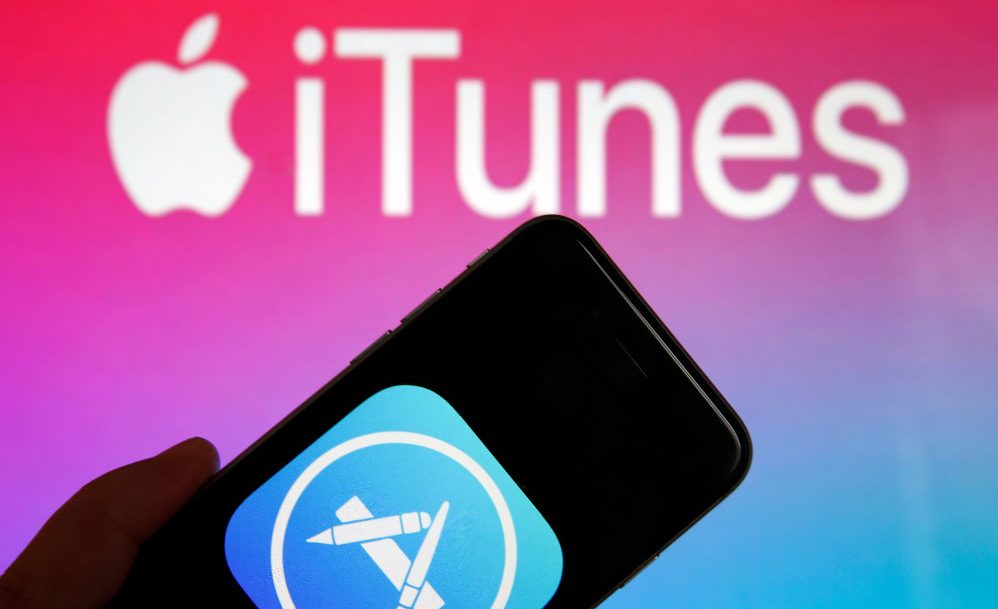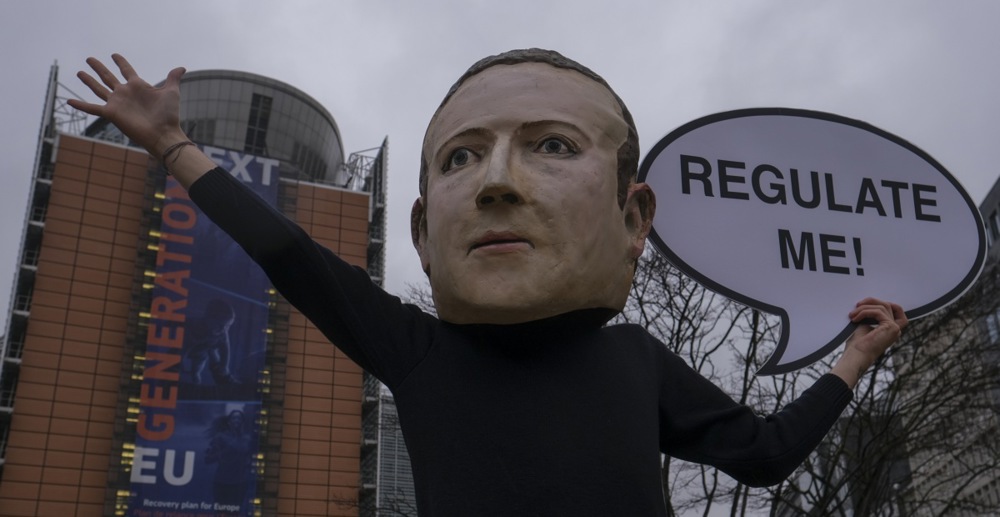Open verbal conflict seems to have erupted between Big Tech beasts amid the official commencement of the European Union’s Digital Markets Act (DMA).
While the legislation entered EU law in 2022, the full enforcement of it only came into effect on March 7.
Now, all tech firms currently classified as “gatekeepers” are obliged to follow DMA rules regarding any of their products designated by the European Commission as having a disproportionate market impact.
As the regulations kick in, companies have started accusing their gatekeeper rivals of operating in violation of the DSA.
One of the biggest targets for such allegations has been Apple, with companies including Fortnite owner Epic Games, music-streaming platform TikTok and flight-navigation company SkyDemon all accusing the iPhone manufacturer of breaching the new EU rules.
?Under the #DMA, there is no room for threats by gatekeepers to silence developers.
I have asked our services to look into Apple’s termination of Epic’s developer account as a matter of priority.
To all developers in ?? & ?: now is the time to have your say on gatekeepers’…
— Thierry Breton (@ThierryBreton) March 7, 2024
“We are very concerned that Apple’s proposed scheme for compliance with the Digital Markets Act … will not meet the law’s requirements, therefore inhibiting our ability to deliver the benefits of the DMA to consumers as soon as possible,” the three companies, alongside more than 30 other organisations, told the EC in an open letter recently.
In a separate press release on March 6, Epic Games lambasted Apple for shutting down one of its developer accounts, scuttling the game-developer’s plans to use the DMA to set up an iPhone app store aimed at rivalling Apple’s own.
“To our surprise, Apple has terminated that account and now we cannot develop the Epic Games Store for iOS,” the company wrote.
“This is a serious violation of the DMA and shows Apple has no intention of allowing true competition on iOS devices.”
Apple is actively breaking the European Union’s Digital Markets Act (DMA), claimed Epic Games – developer of popular online gaming platform Fortnite. https://t.co/93FUZYQg2h
— Brussels Signal (@brusselssignal) March 7, 2024
The EC has confirmed it is aware of the claims against Apple, with self-styled “digital enforcer” Thierry Breton writing late on March 7 that an inquiry was underway.
“Under the DMA, there is no room for threats by gatekeepers to silence developers,” he wrote online.
“I have asked our services to look into Apple’s termination of Epic’s developer account as a matter of priority,” he added, urging developers to “have [their] say” on “gatekeepers’ compliance solutions”.
Apple is not the only gatekeeper under pressure for allegedly not complying with the DMA.
In a statement on February 29, US crowd-source reviewer Yelp accused Google of failing to properly adjust its eponymous search engine to comply with the new act.
While Google has insisted it has made the necessary changes to its product, Yelp claims those make the system less compliant, not more.
“We analysed these mock-ups of Google’s proposed changes and determined that not only do they violate the DMA’s prohibition against self-preferencing, they actually increase the rate at which users will remain within Google’s walled garden,” Yelp said.
A spokesman for Google rejected those claims, insisting it had made more than 20 changes to the search engine and that it was now fully compliant with the new EU rules.
“To suggest otherwise is plain wrong,” the spokesman said.
The European Commission has fined Apple €1.8 billion for breaking the bloc’s anti-trust rules regarding music streaming. https://t.co/hHfwLJMt6x
— Brussels Signal (@brusselssignal) March 4, 2024





